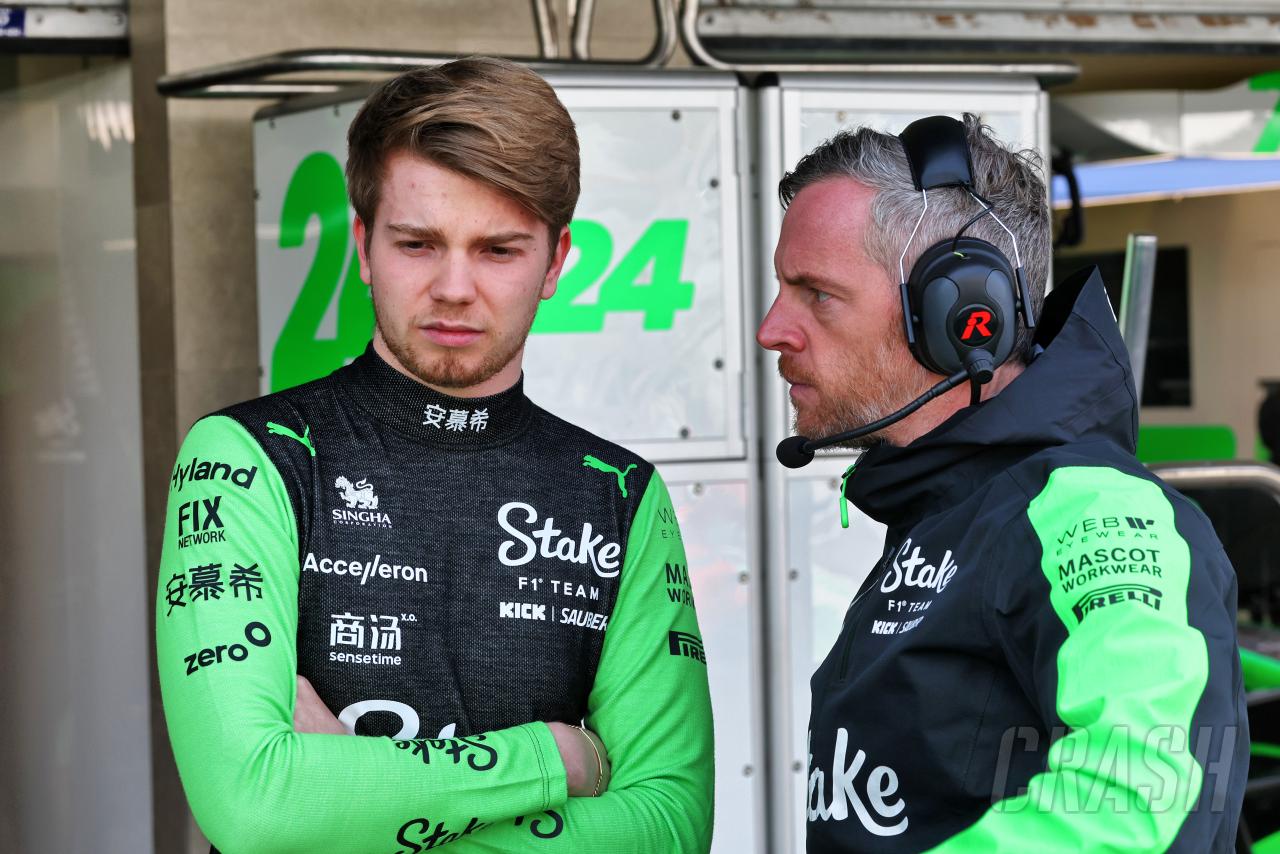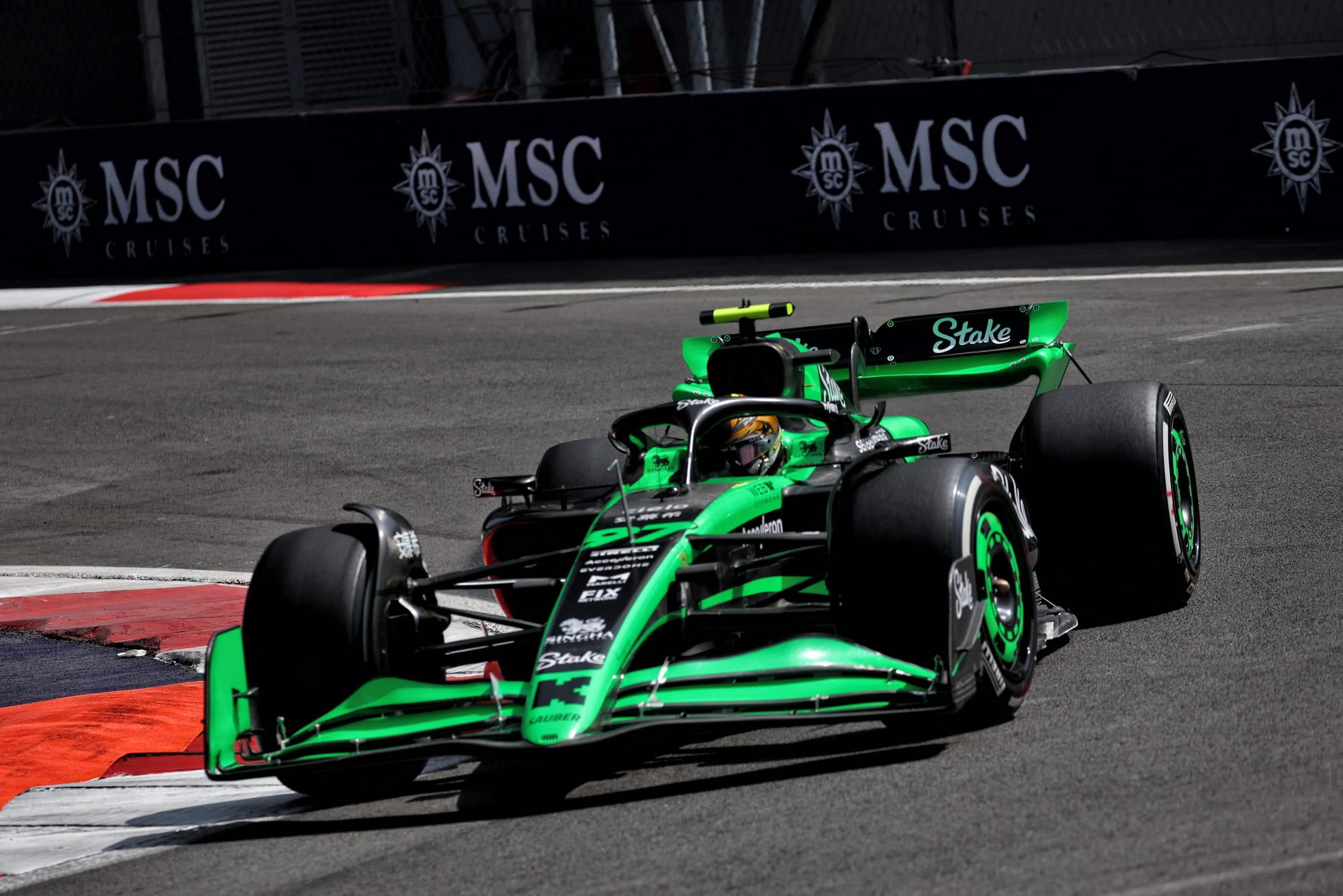Robert Shwartzman and Jenson Button share a unique connection in the world of Formula 1, both having received grid penalties that they are unlikely to ever serve due to their circumstances. Button’s situation dates back to 2017 when he participated in a single race at the Monaco Grand Prix as a substitute for Fernando Alonso. During this race, he incurred a three-place grid penalty for causing a collision with Pascal Wehrlein, a penalty that remains on his record, even though he has since retired from racing. This unusual situation highlights the complexities of Formula 1 regulations regarding penalties that linger even after a driver’s active participation has ended.
Shwartzman recently joined Button on this exclusive list. At 25 years old and having been repeatedly overlooked for a permanent seat in Formula 1, Shwartzman received a five-place grid penalty during the Mexican Grand Prix. This penalty was handed down by the race stewards after he overtook another driver, Yuki Tsunoda, while double-waved yellow flags were displayed, indicating a hazardous situation on the track. The stewards found him guilty of breaching regulations outlined in the International Sporting Code, which stipulates strict rules about overtaking during yellow flag conditions to ensure driver safety.

The incident that led to Shwartzman’s penalty occurred while he was participating in a practice session for Sauber at the Autodromo Hermanos Rodriguez. The yellow flags were out due to crashes involving drivers Alex Albon and Oliver Bearman, which eventually resulted in a red flag situation. Despite the penalty, Shwartzman expressed his gratitude for the opportunity to drive in a Formula One car and work closely with the team, highlighting his passion for the sport and the positive experience of being behind the wheel, even amidst the disruptions of the session.
The stewards clarified that the penalty issued to Shwartzman is standard for such infractions, even though he is not scheduled to start in the next race. They noted that consistency in applying penalties is crucial for maintaining fairness in the sport, even when the driver’s future participation is uncertain. This emphasizes the strict adherence to rules within Formula 1, ensuring that all drivers are held accountable for their actions, regardless of their current standing in the sport.
Overall, both Shwartzman and Button’s situations serve as a reminder of the complexities and stringent regulations that govern Formula 1. Their experiences illustrate how penalties can transcend a driver’s immediate racing career, creating a lasting legacy in their records. As Shwartzman continues to seek his place in Formula 1, he remains committed to making the most of every opportunity presented to him, underscoring the determination and resilience that characterize many aspiring drivers in the sport.

